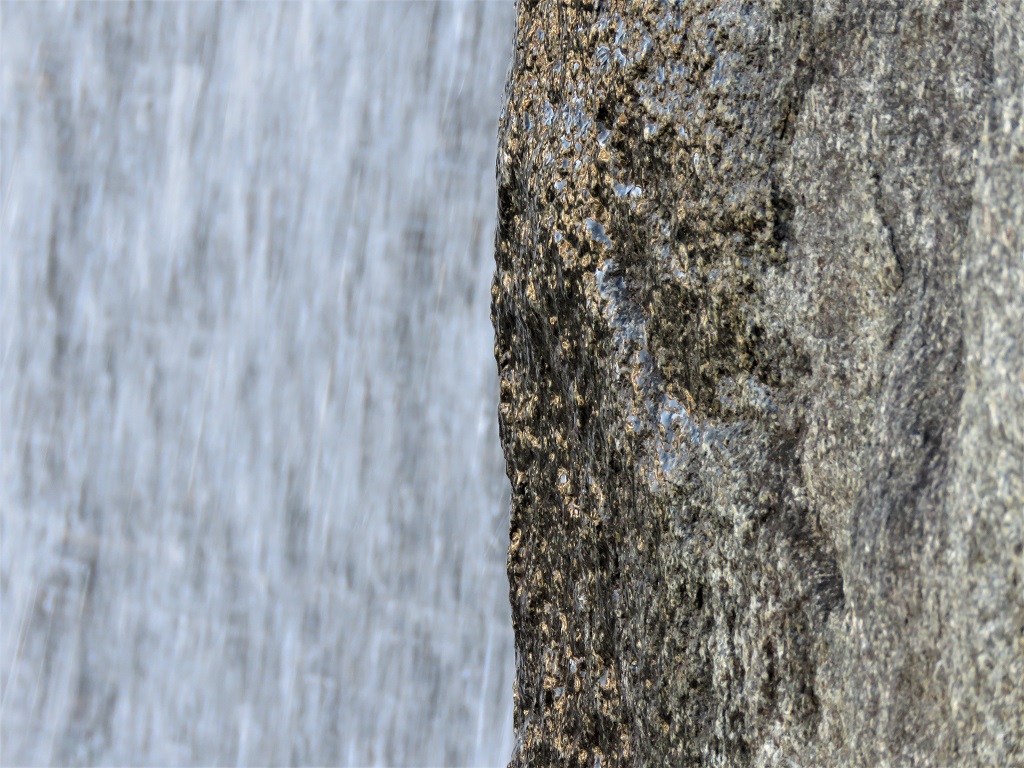Half-Minute Wisdom: Moral Education
In fact pleasures and pains are the things with which moral virtue is concerned. For pleasure causes us to do base actions and pain causes us to abstain from doing noble actions. Hence the importance, as Plato points out, of having been definitely trained from childhood to like and dislike the proper things; this is what good education means. — Aristotle, Nicomachean Ethics II.iii,...








